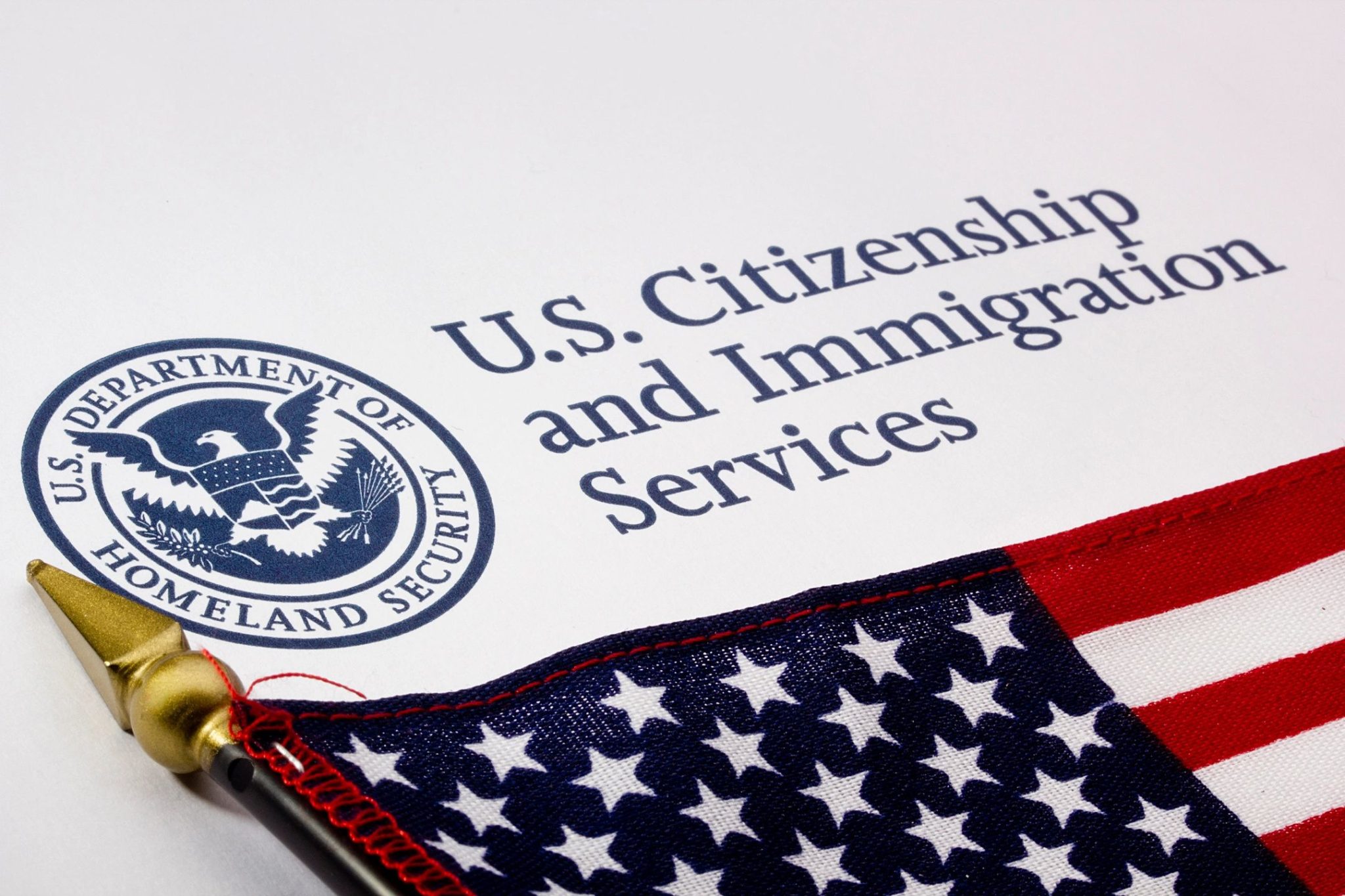Analysis of the Expanded Provisional Waiver as announced by USCIS in the final rule on 07/29/2016
 On July 29, 2016, U.S. Citizenship and Immigration Services (USCIS) announced afinal rule expanding the existing provisional waiver process to allow certain individuals who are family members of U.S. citizens and lawful permanent residents (LPRs), and who are statutorily eligible for immigrant visas, to more easily navigate the immigration process.
On July 29, 2016, U.S. Citizenship and Immigration Services (USCIS) announced afinal rule expanding the existing provisional waiver process to allow certain individuals who are family members of U.S. citizens and lawful permanent residents (LPRs), and who are statutorily eligible for immigrant visas, to more easily navigate the immigration process.
The provisional waiver process promotes family unity by reducing the time that eligible individuals are separated from their family members while they complete immigration processing abroad, while also improving administrative efficiency.
Here is how the 2016 final rule is different from the 2013 rule:
Visa Classification/Qualifying Relative:
2013 Rule: Under the 2013 rule, a provisional waiver was limited to those immigrating to the U.S. as “immediate relatives,” (spouses and children of U.S. citizens and parents of adult U.S. citizens) who could demonstrate extreme hardship to a U.S. citizen spouse or parent.
2016 Rule: Under the 2016 rule, anyone who is statutorily eligible for an unlawful presence waiver under INA §212(a)(9)(B)(v), may apply for a provisional unlawful presence waiver, regardless of their immigrant visa classification.
In other words, if the visa applicant can demonstrate extreme hardship to a U.S. citizen or LPR spouse or parent, he or she may apply for and receive a provisional waiver, whether the basis for the immigrant visa is an employment-based preference category, a family-based preference category, the diversity visa lottery, or a special immigrant classification.
Elimination of Cut-off Dates:
2013 Rule: Under the 2013 rule, if the Department of State (DOS) initially acted to schedule the immigrant visa interview prior January 3, 2013 (the date of publication of the final 2013 rule), the individual was ineligible for a provisional unlawful presence waiver.
The actual date and time of the interview was not relevant to the eligibility determination. This rule applied even if the individual failed to appear for the interview, cancelled the interview, or requested that it be rescheduled.
2016 Rule: Under the 2016 rule, DHS is eliminating the restrictions based on the date that DOS acted to schedule the immigrant visa interview.
Final Order of Removal:
2013 Rule: Under the 2013 rule, an individual with a final order of removal, deportation, or exclusion was ineligible for a provisional waiver.
2016 Rule: Under the 2016 rule, an individual with a final order of removal, deportation, or exclusion may apply for a provisional waiver if he or she has filed a Form I-212, Application for Permission to Reapply for Admission into the United States After Deportation or Removal, and such application has been conditionally approved.
The 2016 final rule also eliminates the “reason to believe” standard although it does not clarify the “Extreme Hardship.” USCIS maintains that it will continue to assess “extreme hardship” on case by case basis.
The final rule will go into effect on August 29, 2016 and a new Form I-601A will be released the same day.
Contact Claudine Gasana Houston Family Immigration Attorney
This article is provided for information purposes. Should you have any questions or be interested to learn more about this topic, contact Immigration Attorney Claudine Umuhire Gasana at [email protected] or call us at 281-809-5599 or 713-836-9376
Attorney Gasana offers a variety of immigration services to the greater Houston area, including:
- Business and Employment Immigration
- Family-based immigration
- Naturalization assistance & US Citizenship
- Green Card (LPR)
Visas
such as:
B-1, B-2, L-1 Work Visa, E-1 Treaty Trader, E-2 Investor, P Visas, F-1 and more.
